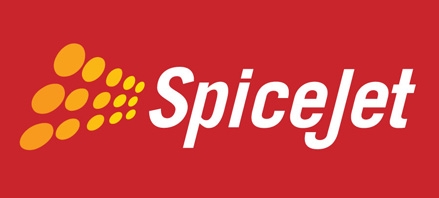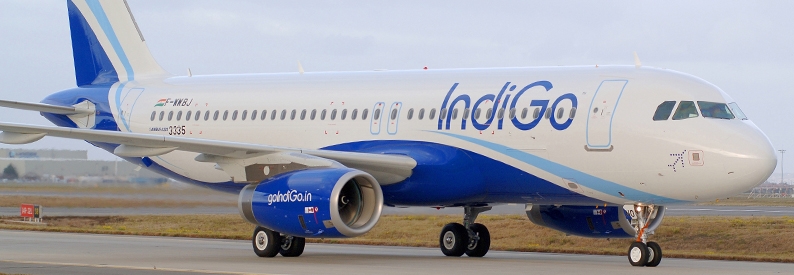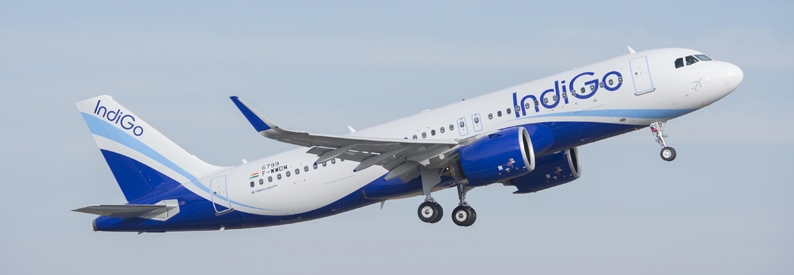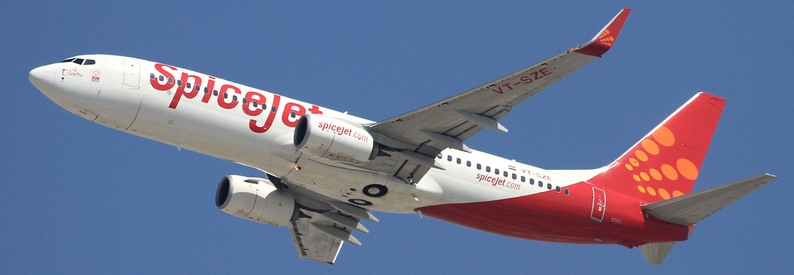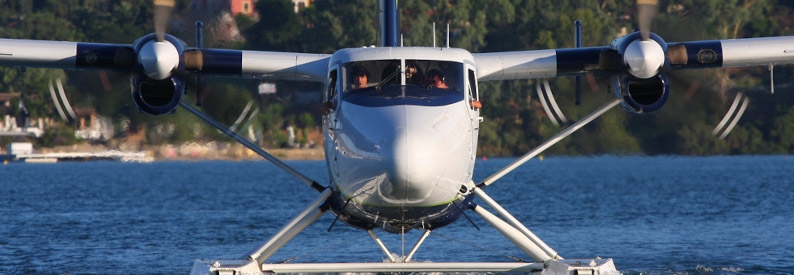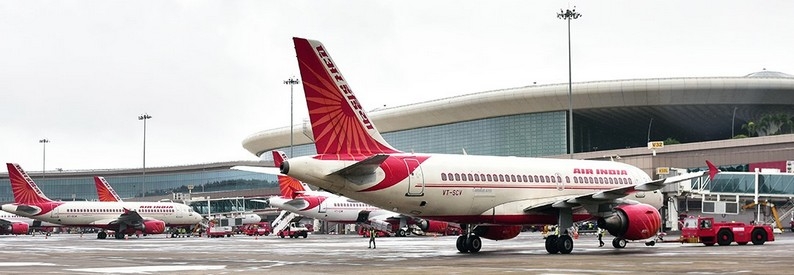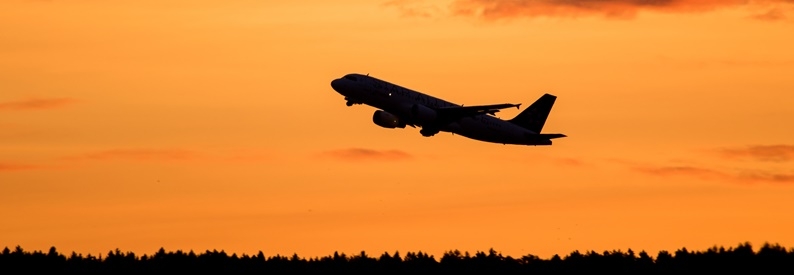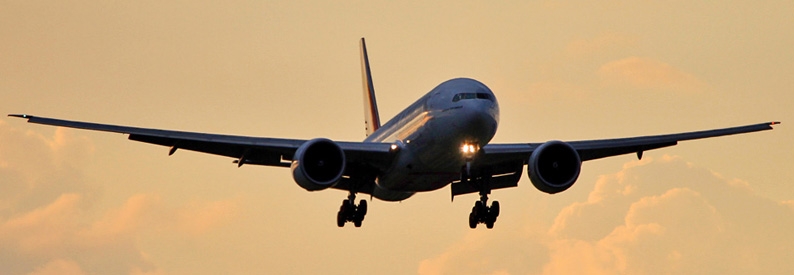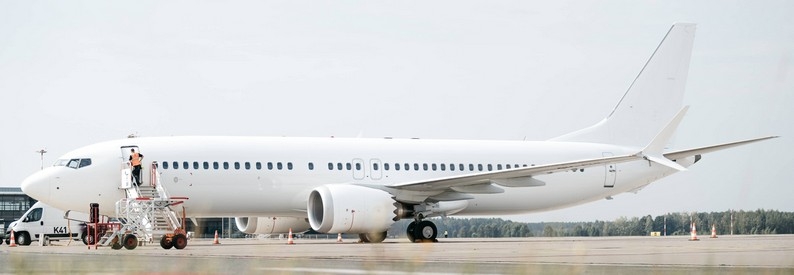SpiceJet (SG, Delhi International) is considering placing a “sizeable” order for A321neo(LR) and A321neo(XLR) aircraft, with chairman Ajay Singh telling Bloomberg that “any aircraft order SpiceJet places would at least be 100 aircraft”. Airbus has “made us a commercial offer and we are evaluating it”, he said.
Inducting Airbus aircraft into the fleet for the first time is being considered in part due to the grounding of the B737-8, Singh explained. SpiceJet has so far taken delivery of thirteen of the jets with another 192 on order.
Switching to Airbus will not be “the easiest thing in the world to do, of course – our entire infrastructure is geared for a Boeing fleet – but if this takes too long we may not have too much of a choice,” he said.
Such an Airbus order could exceed USD10 billion based on 2018 prices, Bloomberg speculated.
Besides the MAX aircraft, the LCC has a fleet of fifty-two B737-800s, seven B737-700s, three B737-700(BDSF)s, one B737-900, four B737-900(ER)s, and thirty-two DHC-8-400s.
Boeing has told SpiceJet that it expects US regulators to re-certify the B737 MAX 8 in early November, Singh said, adding that he hoped his airline could start flying it again in January.
“We look forward to the MAX aircraft coming back because that’s where the biggest pain point for SpiceJet is currently,” he admitted.
As with other airlines, SpiceJet is currently in talks with Boeing over compensation for costs incurred through the ongoing grounding, Singh confirmed.
Meanwhile, SpiceJet has signed a lease for four MAX jets that were previously operated by Jet Airways, Singh told the company's Annual General Meeting (AGM) on September 30, according to the Economic Times. He added that 10 to 12 more MAX were ready to be delivered to SpiceJet in the US. In its 2018-19 annual report, SpiceJet said it was optimistic about the imminent return of the aircraft type to service.
In related news, SpiceJet plans to sell shares in its cargo division SpiceXpress in an Initial Public Offering (IPO) within 12 months, Bloomberg reported in a separate article.
“We have a country of 1.3 billion people, one of the fastest-growing economies in the world, and we have very few air logistics players,” Singh said. “We think that’s a good space for us.”
- Type
- Base
- Aircraft
- Destinations
- Routes
- Daily Flights
